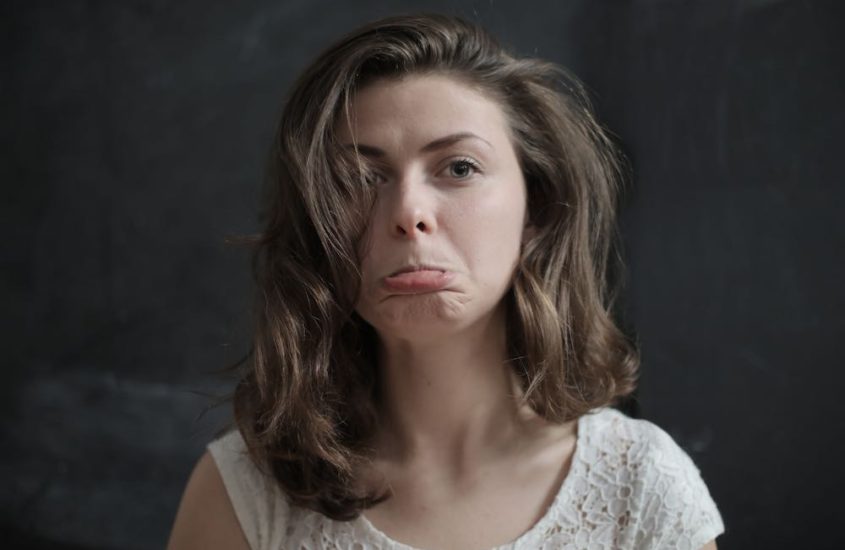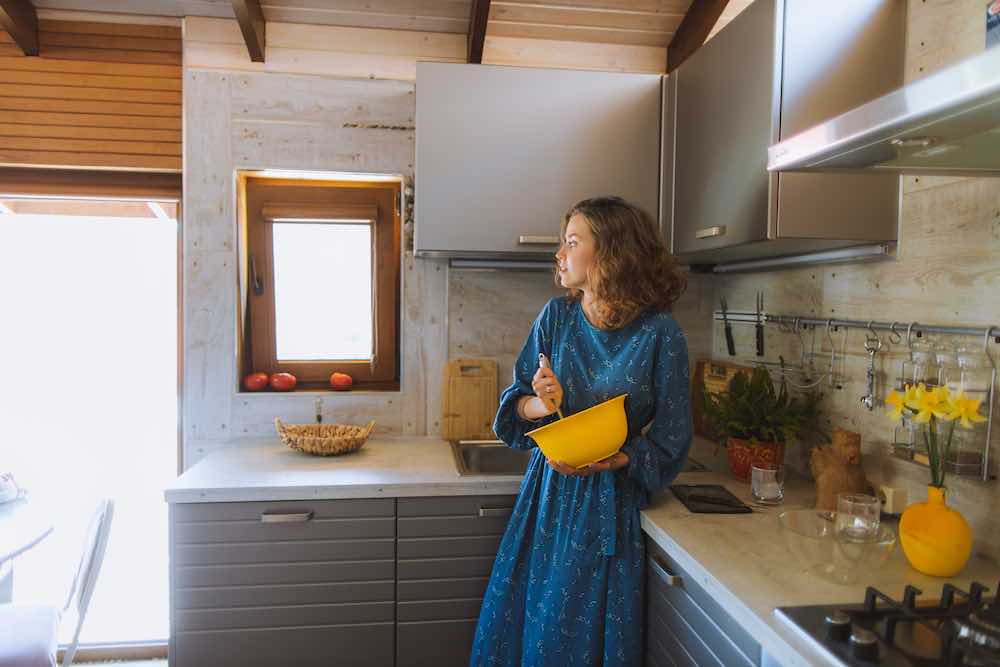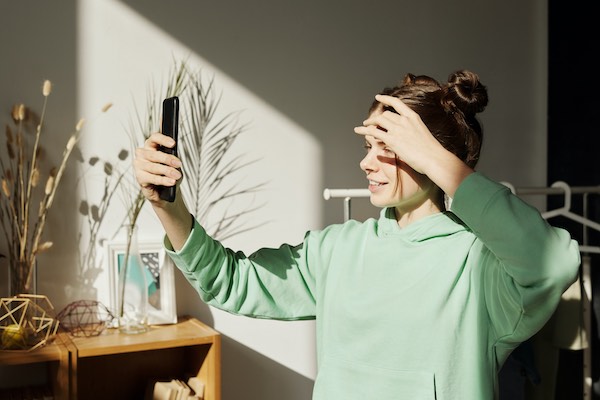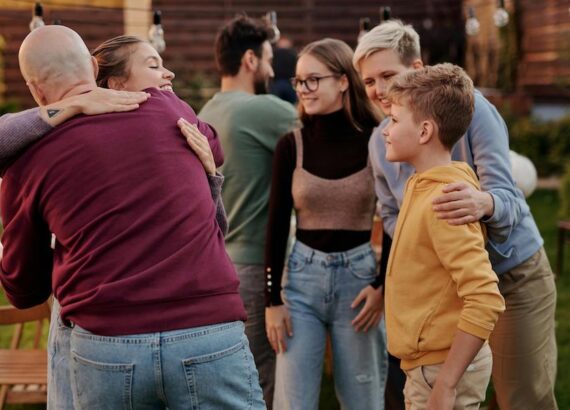What Sucks About Quarantine for Introverts

Breaking news: quarantining can suck for introverts too! Yeah, sure we spent the first week or so too thrilled to contain ourselves. Staying inside is always preferable and alone time makes it even better for any introvert, but, it doesn’t necessarily stay that way for long.
Introverts have their own share of challenges associated with isolation, even if they happen to spend more time doing so. Especially without the normal freedoms and options to interact with people in their social circle.
Everyone, regardless of personality type, requires social interaction to some degree. Going completely without it can easily impact our physical and mental state because we’re built for social companionship. Our minds and bodies crave socialization, whether we make the decision to partake in it or not. Sooner or later, you’ll feel the pull to interact and the absence of others will linger on your mind.
Introverts can also become lonely and depressed due to seclusion. Since many would prefer to have control over when they interact, rather than cutting it off entirely—something that is encouraged in this period of quarantining.
It Started Off Great Until…
There’s such a thing as too much of a good thing. And that is exactly the case when introverts find themselves isolating for an unusual length of time due to self-quarantine.
Introverts might normally incorporate small social interactions throughout their day like taking the dog out for a walk and briefly interacting with a passing neighbor through a wave or greeting.
It’s also common for introverts to have fulfilling “indirect” interactions with others. They could still interact through texting or a voice call, ways they can communicate without worrying about the physical presence of another.

The orders to self-quarantine and practice social distancing call for staying at home except to seek medical care or conduct “essential tasks” such as grocery shopping or visiting a pharmacy.
Initially, those who are comfortable being alone at home for a long time might not mind it. As time passes and weeks turn into months, however, they will likely start to miss at least some of the social activities they could partake in pre-pandemic. Oftentimes not only the indirect or small interactions but more significant ones—like seeing a friend in person or being with family.
This is perfectly normal to experience as an introvert. Just like those who actively seek out social activities and spend considerable time mingling. It just might take an introvert longer to get there!
Stuck Inside With Guess Who
Being holed up with people can get you down in the same way that isolating does, ironically enough! This is no secret, but introverted personalities tend to resent the very idea of being stuck in close quarters with others. Especially strangers or multiple people. Put those two things together and it’s a nightmare scenario.
Keep Your Distance
The key to avoid that overcrowding feeling is making use of the available space. If introverts have the chance to put some distance and separation between themselves and others it might not be so bad, even in close quarters.
Designating Separate Spaces
Everyone needs alone time at some point, but it can be difficult to arrange it when quarantining. A family member could walk in and disturb the peace unknowingly, or you might feel uneasy about the constant possibility of it hovering over you.
A good strategy is to “book” certain spaces in your home for some private time. Whether it’s five minutes or five hours, all you arguably need is the understanding of your housemates.
Having a definite amount of time and space allows you to take a social “break”. Something that is highly valued by many who are introverted. It replenishes a person’s tolerance and comfort levels to the point that they can resume or return to social activities without feeling drained.

Pursuing “Selective Socializing” Is Difficult
Most people assume that introverts always prefer to be alone, that’s far from the truth for most introverts though. Introverts crave companionship and actively seek it out as well, it’s just on their own terms. Introverts prefer to “selectively” seek out social interaction when they need it, rather than being exposed to a social-heavy environment, like in a classroom or a busy office.
Choosing when and how they partake in social interactions matters to introverts. Making the choice to work in a cafe for a few hours or planning a get-together are examples of how they can interact on their own terms. In this way, introverts are also limited by quarantine because they can’t socialize in the ways that they normally would.
We’re All in This Together
Introverts are just as impacted by the quarantine as everyone else. They might have an easier time adjusting to staying inside, but their lives have been drastically changed as well. If they aren’t feeling the frustrations of the more extroverted yet, in time they inevitably will, in ways that are unique to their own lives and how they choose to interact with others.
Subscribe to our newsletter for weekly updates on the latest content for introverts.
Hana Othman
Latest posts by Hana Othman (see all)
- How To Plan a Retreat as an Introvert - April 26, 2024
- An Introvert’s Guide to Enjoying Group Tours - April 23, 2024
- Designing the Perfect Home Office for Introverts - April 18, 2024






